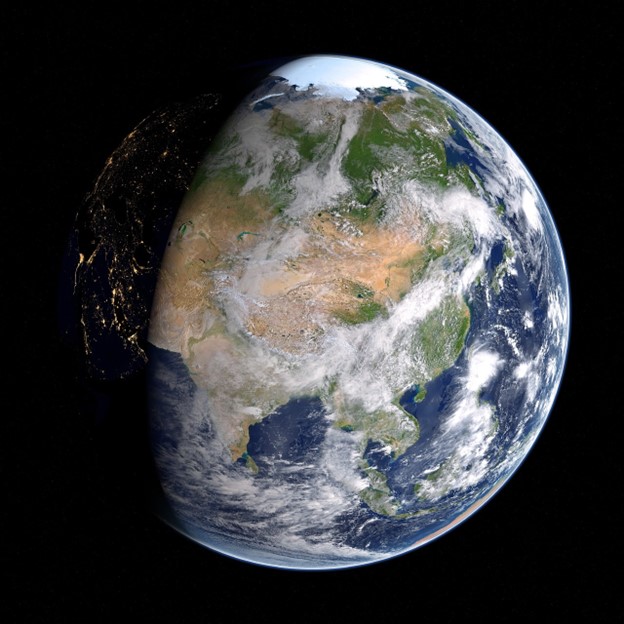Recent Chinese actions toward Russia recall the lessons learned by Ebenezer Scrooge in A Christmas Carol. In that story Mr. Scrooge is visited by ghosts of Christmas past, present, and future. Unlike its ending, however, China is not expected to morph into a kinder and gentler nation. In late November China media reports emerged discussing Beijing’s outright refusal to invest in the construction of the Power of Siberia-2 natural gas pipeline while also insisting it be granted sizable energy discounts. Xi Jinping recognizes he has the upper hand in bargaining with Vladimir Putin and is demanding that its ally fully cover 100% of the costs of the multibillion-dollar project. China is capitalizing on Russia’s weak financial status further strained by costs related to its lengthy war in Ukraine to support its critical energy needs.
At one time Moscow was the dominant partner in the bilateral relationship. In recent decades the balance has shifted in favor of Beijing. The war in Ukraine weakened Putin’s geopolitical leverage and exacerbated the country’s critical need for financial resources. Ksenia Kirillova, of the Jamestown Foundation, says that Western economic sanctions have made it possible for China to increase its Russian energy imports and obtain cheaper gas prices since Moscow can’t fully compensate for losses after Gazprom withdrew from the European markets. Kirillova adds that gas supplies from the Power of Siberia-1 pipeline cost China about 50% of rates for the European Union and Turkey. He points out that “Russian oil and gas analyst Mikhail Krutikhin emphasizes that Beijing has little interest in the construction of the Power of Siberia-2 pipeline, as China does not require large quantities of natural gas.” As of December, the rates do not cover Russia’s cost of production and transportation. China knows this and is taking advantage of the Kremlin’s lack of financial resources.
Xi Jinping and the Chinese Communist Party support its interests without regard to the critical needs of its long-time ally. Recently, Beijing’s propaganda apparatchik began treating Siberia as a “resource colony” for China. The two states today remain in competition for influence in the Central Asian region. Marina Rudyak, a professor of Sinology at Heidelberg University, argues that China still fears Russia could win in Ukraine and elevate its status in Central Asia and beyond. That could thwart Chinese plans in the Caucasus, Central Asia, and other regions.
At 70 years of age, Xi is beginning to consider how he will be remembered in history. Early on in office, he indicated his intent to reclaim Taiwan before leaving office. Despite a signed agreement with Russia permanently ceding one million square miles of Siberian territory Russia had seized from it at the end of WWII, Xi has shown indications he plans reacquire the region. It may be possible for Xi to accomplish his goals without the use of military troops if he can economically take over Siberia. He is using sophisticated influence operations to Taiwanese domestic politics. Military analysts in Washington are uncertain if Xi will use force there in the coming years.
China and Russia, two important communist states, continue in an uneasy collaboration in other areas such as censorship and control over the Internet. Radio Free Europe last spring reported that China has shared its insights on the functions and capabilities of its “Great Firewall” with Moscow since 2015. The direction of the bilateral relationship in recent years, however, does not portend a positive future for either country. China must keep Moscow, one of its few allies, at a distance to avoid being pulled into the Western sanction’s regime. Russia’s financial status forces it to rely heavily on supplying its strategic resources at deeply discounted prices to obtain minimal levels of political support from Beijing. It is unlikely that Xi Jinping willingly will risk China’s future to save Russia, or to provide it enough financial or political support to strengthen it. To do so would threaten Xi’s global ambitions. It appears he will continue in the role of Mr. Scrooge and not share China’s wealth or influence with the Kremlin, its oldest ally.
Daria Novak served in the U.S. State Dept.
